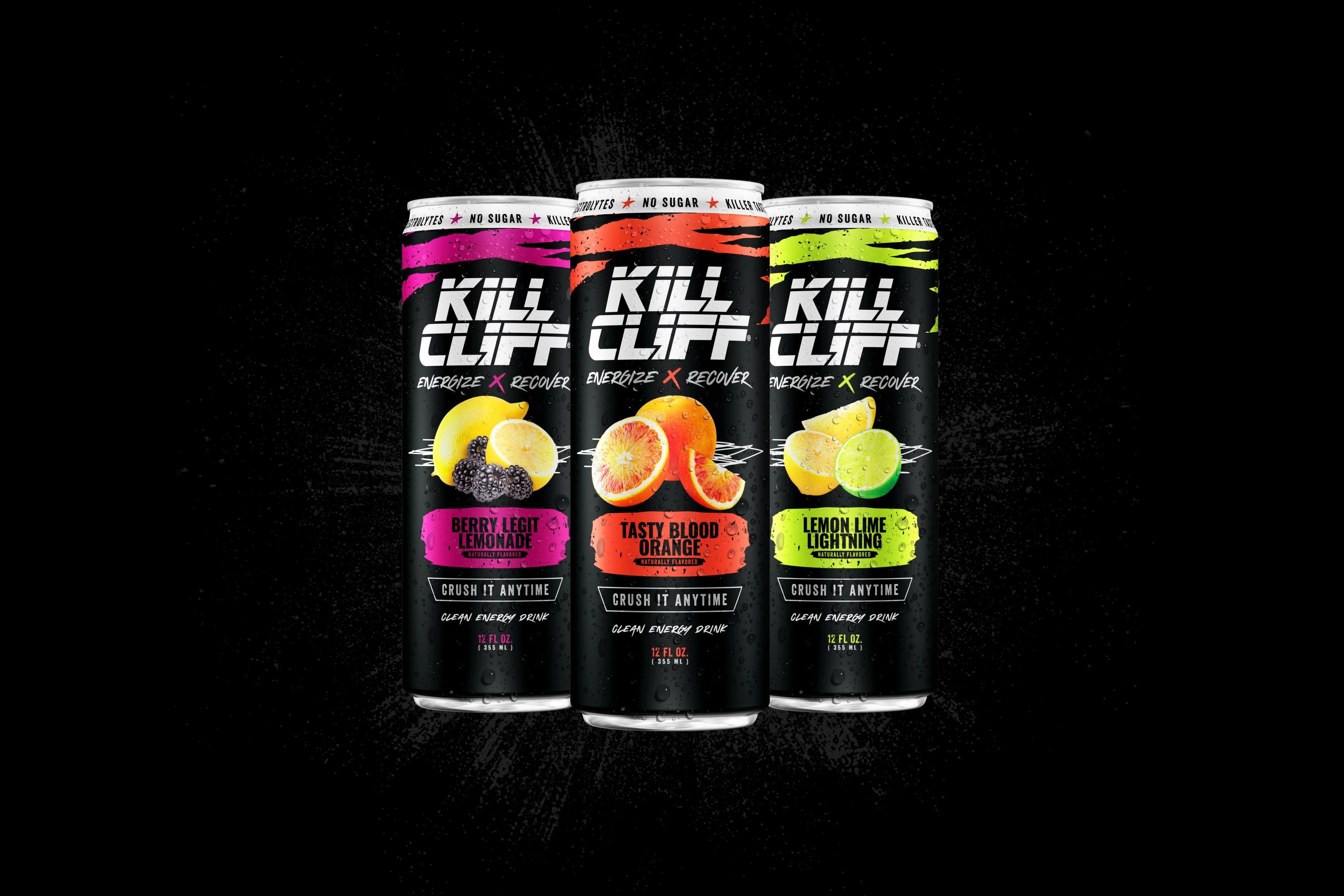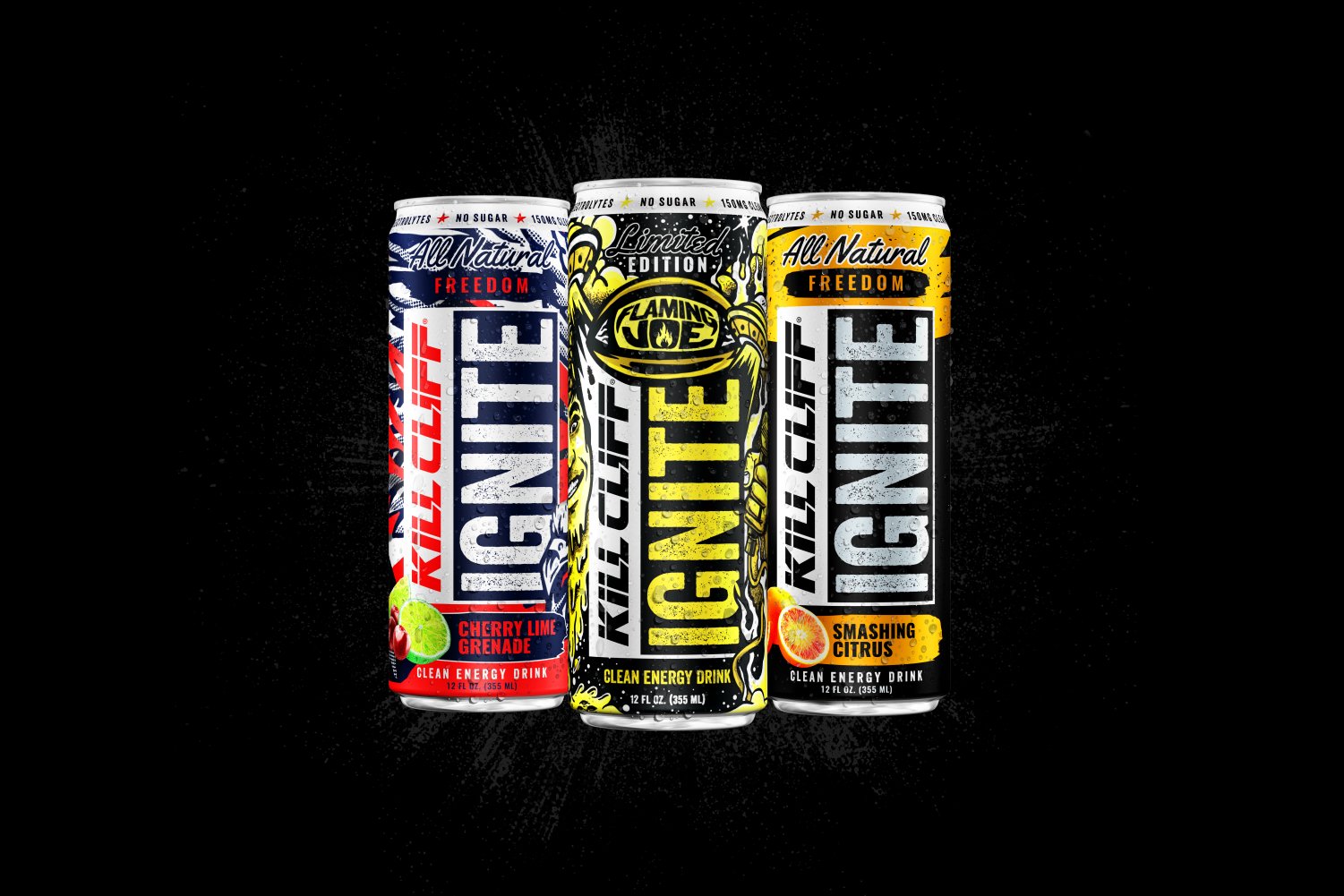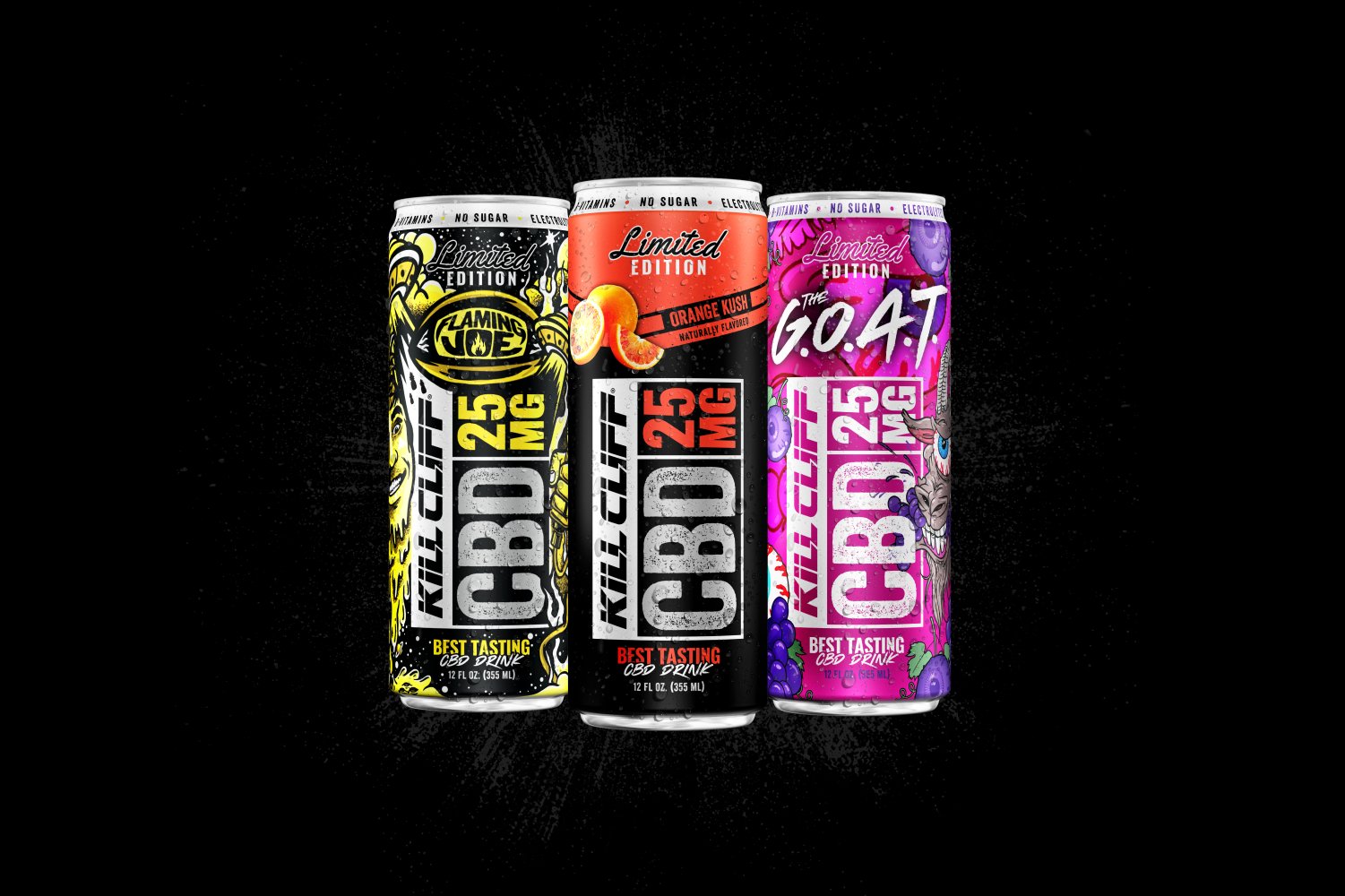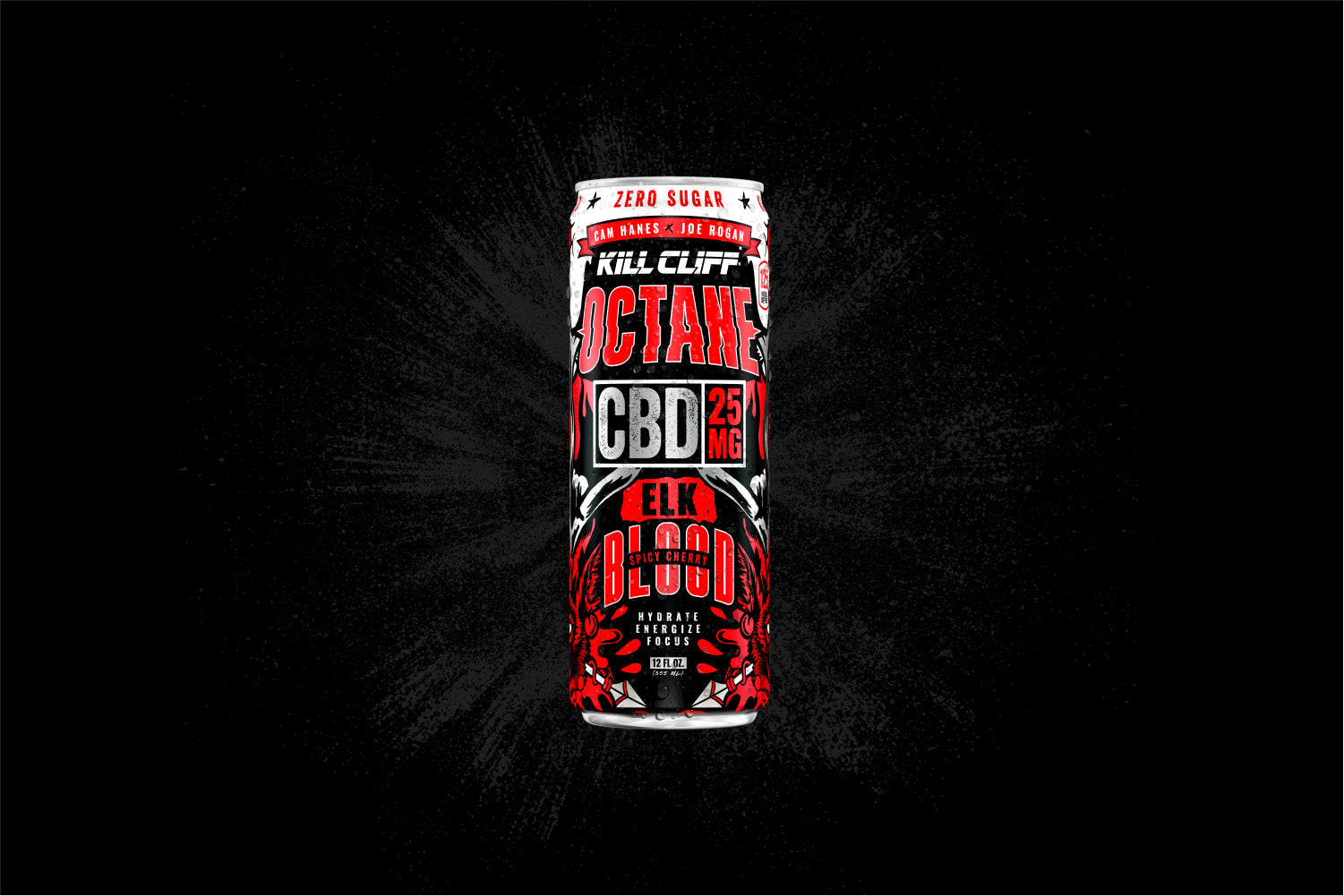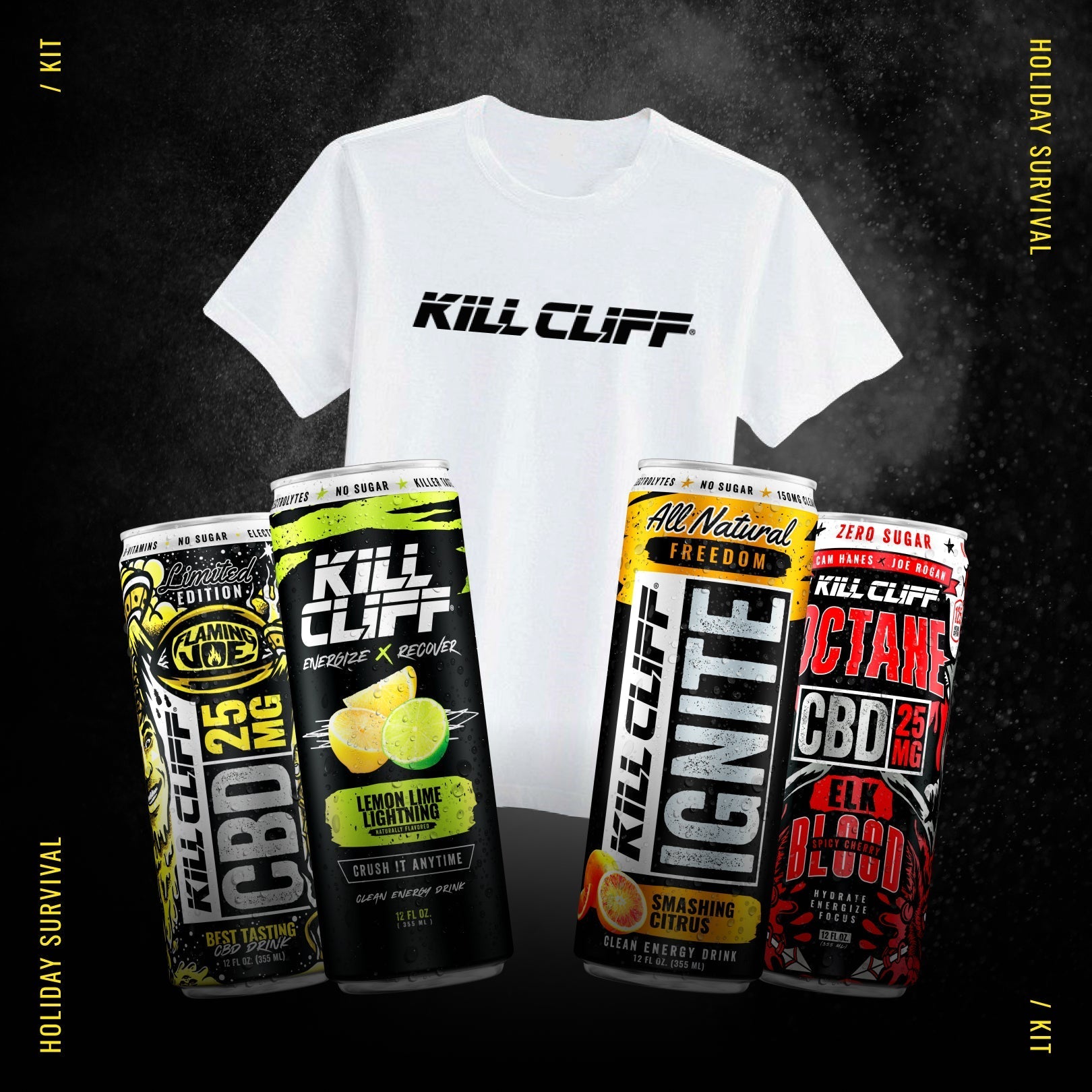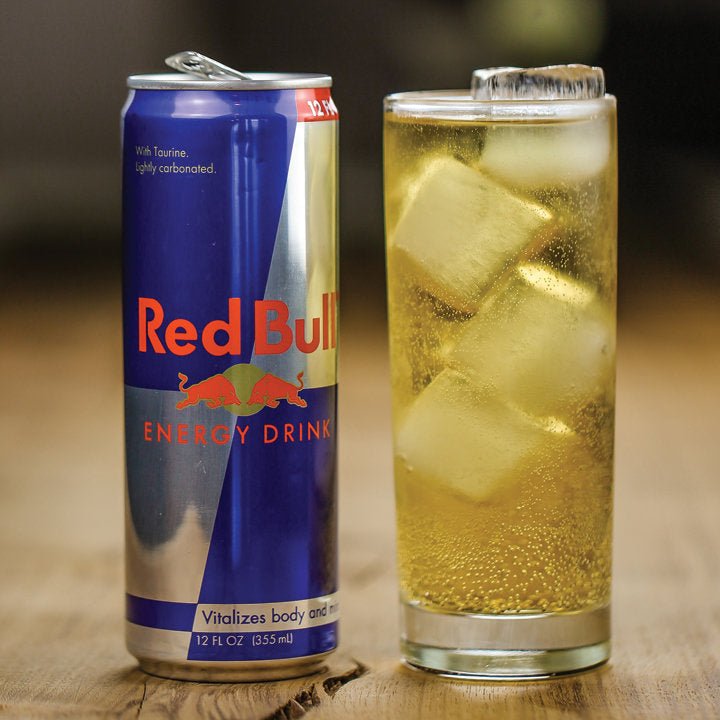
It's no secret that Red Bull is one of the biggest names in the energy drink world. Many would consider them the king of that market. They sponsor countless professional athletes, including Anthony Davis, Kris Bryant, Blake Griffin, Jared Goff, Rickie Fowler, and just about every action sports athlete your brain can muster.
With how much success they have had reeling in professional athletes, you would think drinking Red Bull will help your athletic performance. We decided we should investigate to find the answer to the question: Does Red Bull Actually Work? Spoiler: It doesn't.
What are Red Bull's ingredients?
If you head over to Red Bull's website, they show you their four main ingredients: Caffeine, Taurine, B-group vitamins, and Sugars. Let's take a deep look at caffeine and sugar.
Caffeine
One of the lesser-known facts about caffeine is that there are many sources of caffeine. Some of the sources are natural, plant-based caffeine while others are synthetically produced.
Synthetically produced caffeine from Chinese pharmaceutical plants is the most popular caffeine source in soft drinks and energy drinks. Synthetic caffeine is quickly absorbed into your body, giving you the energy you crave faster than that of a naturally sourced caffeine. However, synthetic caffeine will lead to a much quicker crash.
Where does Red Bull source their caffeine from? Great question. Their ingredients page is misleading. They include the quote "Caffeine is naturally present in more than 60 plants and is contained in many foodstuffs such as coffee, tea, and chocolate." This would make you think that Red Bull is sourcing its caffeine from one of these natural sources, right? Well, shocker, that's not the case here, as Red Bull uses synthetic caffeine in their drinks.
Sugars
On Red Bull's ingredients page, they actually say that Red Bull is sweetened with real sugars, so they don't try to sugar coat this (get it?).
Sucrose, aka table sugar, is the main sweetener in Red Bull. In the dainty 8.4oz can, there are 27 grams of sugar. That's the same amount as a full Snickers bar. To put it in perspective, per day, the American Heart Association recommends no more than 36 grams of sugar consumption for men and 25 grams for women.
Of course, there are sugar-free versions of the classic Red Bull, but they are far from safe. Sucralose is one of the main artificial sweeteners used in sugar-free Red Bull. Despite being around since the 1990s, there has not been a ton of human research done on the effects of sucralose. There have been sucralose studies conducted on rats showing damage to gut bacteria. There have also been studies linking sucralose to a higher risk of cancer with the mice.
Like sucralose, Ace-K is a calorie-free sweetener used in many diet products, including sugar-free versions of Red Bull, Rockstar, Bang, and Monster. Similar to sucralose, Ace-K has been tested against mice. The research showed that Ace-K has been linked to cancer, thyroid issues, and changes in brain function.
Last, but not least, aspartame is another popular artificial sweetener that is found in sugar-free Red Bull. Components of aspartame have been proven to block the production of a gut enzyme called alkaline phosphatase; this is an important enzyme in preventing obesity, diabetes, and metabolic syndrome. When tested on mice, aspartame also led to higher blood sugar levels.
Are there better alternatives to the sugar and caffeine in Red Bull?
Of course, there are alternatives!
Sugars
Erythritol and Stevia are two natural sugar alternatives that can be used instead of the dangerous artificial sugars. These sugar alternatives are generally found in small amounts in fruits and vegetables.
Erythritol only has 6% of the calories of sugar but retains 70% of the sweetness. Erythritol doesn’t spike your blood sugar or insulin, so this makes it a great sugar substitute for diabetics. Studies have shown that erythritol acts as an antioxidant, reducing blood vessel damage that has been caused by high blood sugar levels. Erythritol also will not cause your teeth to decay, unlike sugar and other artificial sweeteners.
Stevia also makes for a great natural sugar substitute. Stevia has no calories and is 200x sweeter than sugar. Studies have shown that stevia has the potential for treating diseases such as obesity, diabetes, and hypertension. Antioxidant compounds, including kaempferol, can be found in Stevia. Studies have shown that kaempferol can reduce the risk of pancreatic cancer by 23%.
Caffeine
Green Tea caffeine is a naturally sourced caffeine that your body metabolizes differently than coffee, meaning it will affect you differently.
What could be THAT much different? It’s all caffeine, right?
Well, it’s actually something pretty beneficial. The caffeine found in Green Tea sticks to the antioxidants in the tea. This causes the caffeine to be absorbed slower by your body. As a result, you will not get the immediate caffeine rush you would with synthetic caffeine. Instead, your caffeine will slowly release over time, giving you more sustained energy.
Caffeine is also known to give people the shakes or jitters. With Green Tea caffeine, that is absent due to one of the antioxidants called L-Theanine, which is an antagonist to caffeine.
Does Red Bull help sports performance?
The answer is tricky, but it's mostly no. Let us explain.
Drinking a caffeinated beverage, such as an energy drink, will stimulate your nervous system. This stimulation will give you a temporary energy boost. With the right dosage, your mental performance will also receive a boost.
Studies have shown that your cognitive functions can improve as a result of drinking energy drinks. This will allow you to get more done in a short amount of time.
But wouldn't you rather have a longer-lasting energy boost than a just a short energy spurt? If so, look for a drink with naturally sourced caffeine rather than the typical energy drink with synthetic caffeine.
Caffeine is also a diuretic, meaning it will cause you to urinate, leading to possible dehydration. With 80mgs of caffeine in the 8.4oz can, Red Bull does not have any electrolytes to help hydration and prepare you properly for any sort of exercise.
Sugary drinks are also known to make you prone to losing extra fluids. With 27mgs of sugar in their 8.4oz can, Red Bull certainly falls underneath this umbrella. Again, with no electrolytes to help replenish lost fluid, drinking a Red Bull before or during athletic activity is doing yourself a disservice.
Is there a healthy alternative to Red Bull?
Yes! Here at Kill Cliff, we love a good energy drink, but we're aware of the possible dangers of the many unnatural ingredients that many popular energy drinks contain. We wanted an energy drink with a strong caffeine buzz coming from a natural source, with no artificial sweeteners.....so we made one.
Kill Cliff IGNITE is a sugar-free, naturally sweetened energy drink that delivers the jolt you crave with 150 mg of naturally-sourced green tea caffeine (about a cup and a half of coffee). Additionally, Kill Cliff IGNITE includes only FDA-regulated ingredients in its specialized blend of B-vitamins and electrolytes. It provides you with 10% of your daily values of magnesium and potassium, which helps regulate hydration and blood flow.
So, whether you want sustained clean energy to help you through your day, or you want a natural alternative pre-workout drink...or you want to get fired up for a long night of playing Call of Duty and Red Dead Redemption, Kill Cliff IGNITE is your go-to option! Check it out!
